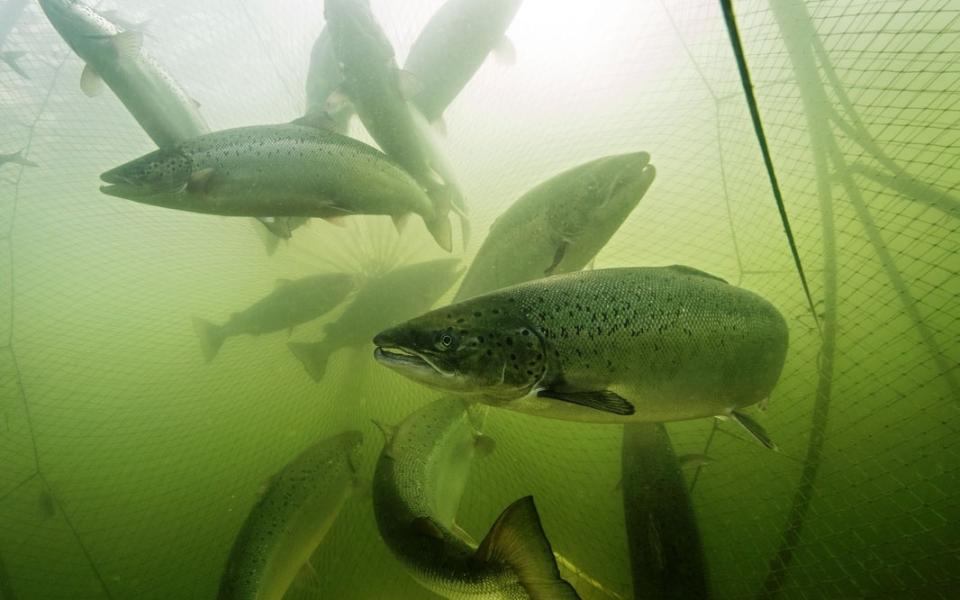A recent study led by the University of Helsinki delved into the genetic differences among Atlantic salmon caught at various stages of their spawning migration. This research, focusing on wild salmon in the northern Baltic Sea, uncovered a notable trend: during the early fishing season, there was a strong preference for catching salmon carrying a specific “large salmon genetic variant.” This variant influences Atlantic salmon to grow larger and mature at a later age, crucial traits for both fishing and the sustainability of salmon stocks.
Published in the journal Evolutionary Applications, the study analyzed genetic data from thousands of wild salmon caught by fisheries in the northern Baltic Sea region over several decades, from 1928 to 2020. Regardless of the year, the findings revealed that salmon with the “large salmon variant” were more frequently caught early in the fishing season compared to later.
Lead author Dr. Antti Miettinen from the University of Helsinki highlights the potential evolutionary impact of this fishing pattern. Intensive early-season fishing may lead to changes in the age and size at which salmon mature, potentially resulting in fewer large salmon. This could have detrimental effects on the diversity and viability of salmon populations, as well as on fishers who rely on large catches.
The study’s insights offer valuable information for conservation efforts. Understanding how human activities, such as fishing, influence the evolutionary pressures on wild fish populations is crucial. For example, early-season fishing tends to target salmon originating from specific upstream sites, emphasizing the need for fisheries management strategies that preserve the viability of these salmon populations.
Dr. Victoria Pritchard, senior researcher and co-author of the study from the University of the Highlands and Islands, emphasizes the importance of genetic approaches in addressing conservation and management challenges. By monitoring genetic changes in response to fishing practices, researchers can better assess the impacts on biodiversity and inform future management decisions.
Collaborating with institutions such as the Natural Resources Institute Finland (Luke), Swedish Agricultural University (SLU), and the University of the Highlands and Islands (UHI), this study underscores the value of genetic tools in studying the effects of human activities on wild populations. The genetic analyses relied on samples collected by fishers over decades along the Tornio and Kalix Rivers and the coastal Bothnian Bay in the northern Baltic Sea.















































